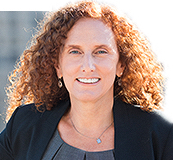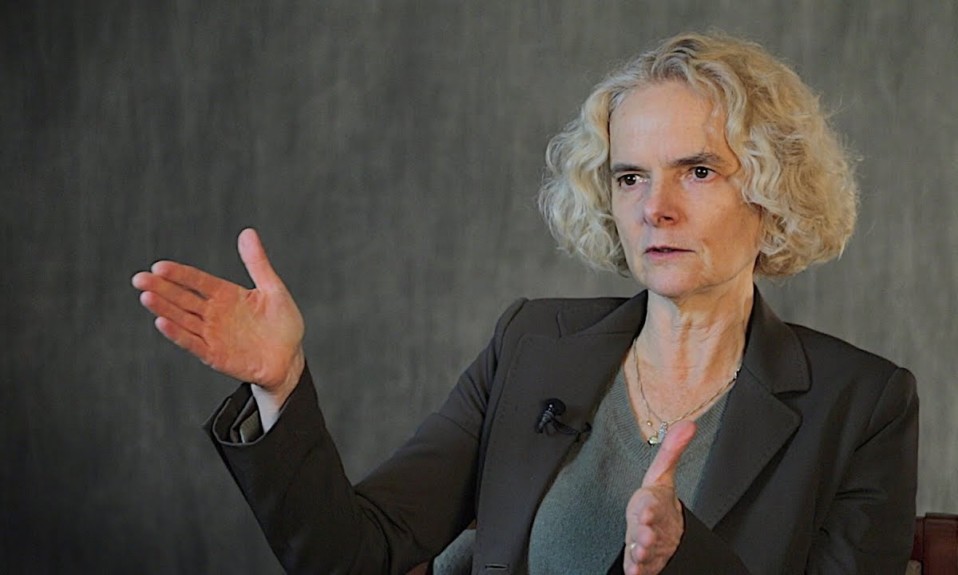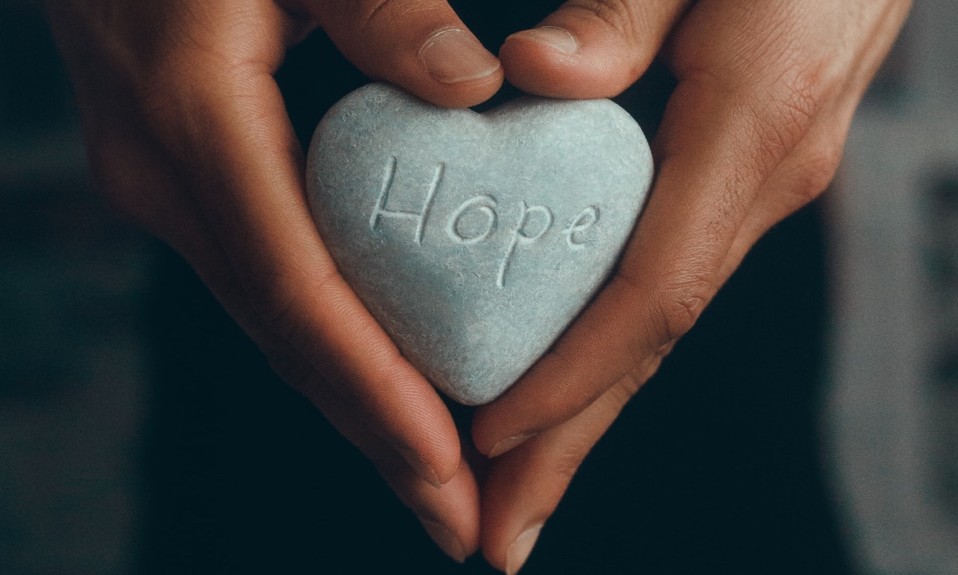The NIDA director’s new, pragmatic comments on addiction care have provided food for thought for experts in the field
By Jason Langendorf
Nora Volkow, MD, director of the National Institute on Drug Abuse (NIDA), is a psychiatrist and brain imaging specialist by trade—one who has long maintained a well-defined concept of addiction. Which is why her most recent public statement appears to be causing such a fuss.
Health Affairs, a peer-reviewed journal covering health policy and research, last week published a column by Volkow titled “Making Addiction Treatment More Realistic and Pragmatic: The Perfect Should Not Be the Enemy of the Good.” A level-headed piece focused on contemporary harm reduction strategies, Volkow’s post was received by experts somewhere on a spectrum between revelation and reckoning.

On her Twitter account, author and neuroscience journalist Maia Szalavitz described Volkow’s comments as “nice to see.” Reacting to the piece on his own blog, Tom Horvath, PhD, founder of Practical Recovery, wrote: “Many would say that this statement is long overdue.” Linking to Horvath’s blog on his Twitter feed, psychologist and addiction specialist Stanton Peele—who has been somewhat critical of Volkow in the past—framed the commentary as “saying that Nora V. has changed her tune: in my direction.”
Placing Volkow’s Comments in Context
Was Volkow’s statement a come-to-Jesus moment or simply a memo calling for common sense? The truth, shrouded in semantics, is probably somewhere in the middle.
The American Medical Association (AMA) began characterizing alcoholism as an “illness” in 1956, and in 1987 the AMA officially declared all forms of substance addiction to be a “disease.” Volkow, who has filled the role of NIDA director since 2003 and who as recently as 2015 published a post on NIDA’s website titled “Addiction is a Disease of Free Will,” has firmly upheld the medical field’s now widely accepted modern definition of addiction.
The rationale behind this characterization of addiction is valid. First, Volkow, as well as many researchers before her, has found fundamental differences in the addiction-affected brain—including, in some cases, the rewiring of neural pathways as a biological reaction to substance use.
Additionally, caregivers in the treatment field have fought a bitter battle, over decades, to reduce stigma and shame while establishing addiction as something other than a moral failing or a logical end point to a patient’s string of poor choices. As is now often cited, a person with substance use disorder (SUD) should no more be blamed for their addiction than a leukemia patient should be blamed for their cancer.
Volkow’s latest statement can be depicted as a pivot—but maybe it’s something closer to the next step in our nuanced journey toward understanding addiction. There is no mention of addiction as a disease, and although Volkow offers no mea culpa, she is clear about the importance of our collective willingness to “jettison old, unhelpful and unsupported assumptions about what treatment and recovery need to look like.” If you’ve come this far and haven’t read Volkow’s blog in full, you should consider giving it your time.
“Drug addiction is a chronic but treatable disorder with well-understood genetic and social contributors. It is not a sign of a person’s weakness or bad character. Continued or intermittent use of drugs, even by people who know they have a disorder and are trying hard to recover from it, must be acknowledged as part of the reality of the disorder for many who struggle with it.”
—Nora Volkow in Health Affairs
In any case, it seems appropriate to leave the final word on our current framework for understanding addiction and best practices for treatment, harm reduction and awareness to the NIDA director herself. She writes:
“Drug addiction is a chronic but treatable disorder with well-understood genetic and social contributors. It is not a sign of a person’s weakness or bad character. Continued or intermittent use of drugs, even by people who know they have a disorder and are trying hard to recover from it, must be acknowledged as part of the reality of the disorder for many who struggle with it. Just as we must stop stigmatizing addiction, we must also stop stigmatizing people who use drugs as being bad or weak, and instead offer them support to help prevent addiction’s most adverse consequences.”













